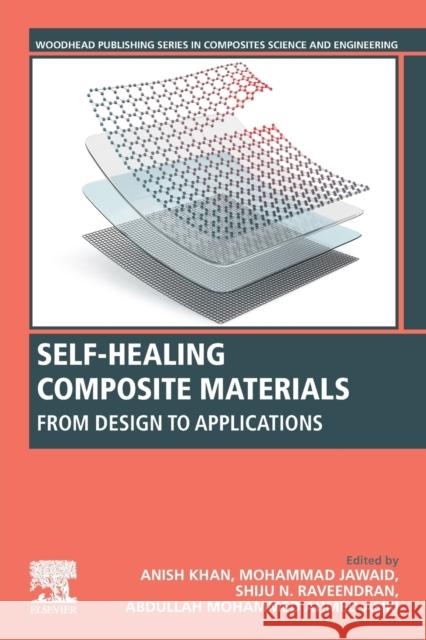Self-Healing Composite Materials: From Design to Applications » książka
topmenu
Self-Healing Composite Materials: From Design to Applications
ISBN-13: 9780128173541 / Angielski / Miękka / 2019 / 442 str.
Kategorie:
Kategorie BISAC:
Wydawca:
Woodhead Publishing
Seria wydawnicza:
Język:
Angielski
ISBN-13:
9780128173541
Rok wydania:
2019
Numer serii:
000904758
Ilość stron:
442
Waga:
0.61 kg
Wymiary:
22.91 x 15.19 x 2.39
Oprawa:
Miękka
Wolumenów:
01
Dodatkowe informacje:
Bibliografia











